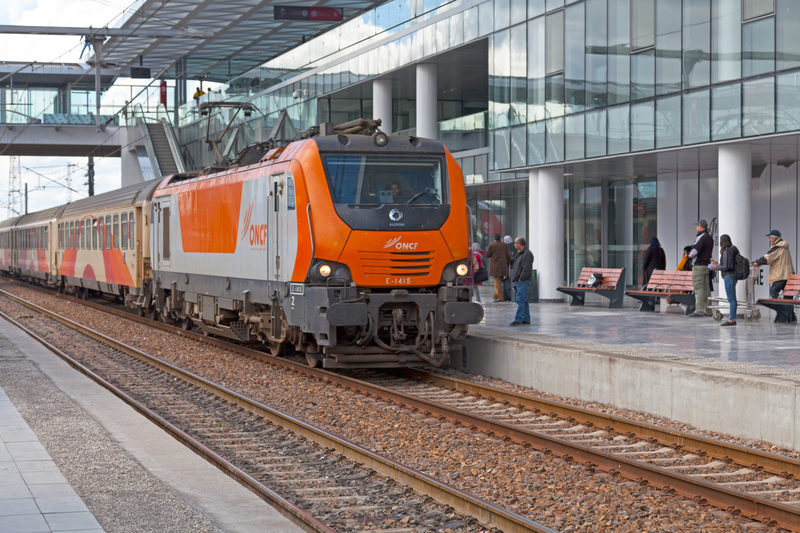French construction giant Colas has secured three major contracts worth €430 million to expand Morocco’s high-speed rail network between Kenitra and Marrakech.
The announcement was made via a statement on February 5, with the contracts signed in January 2025. This marks a significant milestone in Morocco’s infrastructure development as the country gears up for the 2030 FIFA World Cup.
Read also: Beltone Venture Capital invests in Morocco’s LNKO
Morocco’s €430 million investment in high-speed line
Colas, through its Moroccan subsidiary Grands Travaux Routiers (GTR), will execute a €180 million civil engineering contract covering a 40-kilometre section, including earthworks, engineering structures, and five bridges. The project is set for completion by late 2027.
Additionally, in partnership with SETEC, Colas Rail has secured two more contracts totalling €250 million. The first, valued at €200 million, involves designing and constructing tracks, overhead lines, and electrical substations for a 346-kilometre high-speed rail section and a 112-kilometre regional network.
The second, a €50 million contract, focuses on civil engineering and superstructure work on operational tracks. The entire project is scheduled for completion in 2028.
Read also: Morocco introduces “Generation AI” to boost digital skills for 1000 SMEs
Strengthening Morocco’s rail infrastructure
These developments extend the high-speed rail line that currently connects Tangier to Kenitra, building a world-class transport network reaching Marrakech. Colas Rail previously worked on Morocco’s first high-speed line between Tangier and Kenitra from 2014 to 2018, solidifying its reputation as a key infrastructure partner.
“We take pride in contributing to Morocco’s railway infrastructure development for ONCF,” said Francis Grass, Executive Vice President of Colas. “This project reinforces our commitment to the Kingdom’s economic growth and aligns with its ambitions for the 2030 World Cup.”
Colas has been present in Morocco for nearly a century and continues to play a pivotal role in the country’s public works and rail sectors. The company’s involvement in Morocco’s expanding railway network highlights its contribution to enhancing connectivity, reducing travel times, and supporting the country’s low-carbon mobility goals. With Morocco’s National Railways Office (ONCF) reporting 55 million passengers in 2024, these new projects are expected to significantly boost the country’s transportation infrastructure.
















